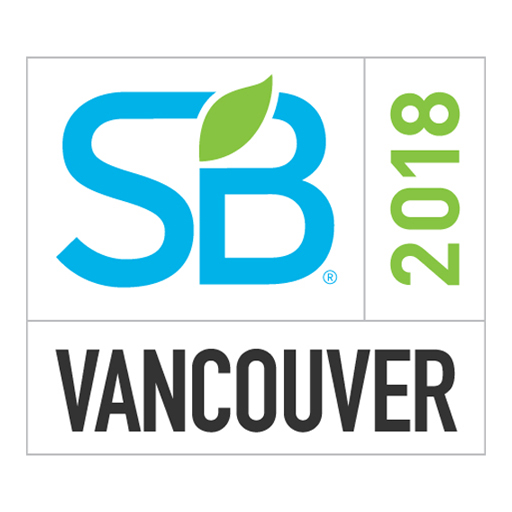At Intertek, we support big brands and small businesses in gaining access to global markets for their goods and services. Often, there are a set of tests or inspections that, if passed, will ensure your lightbulb, lipstick or t-shirt meets the regulatory requirements for the jurisdiction you wish to sell your products in. However, when it comes to sustainable attributes, you may not always be able to walk such a straight line. In the absence of definitive legislative guidance, organizations must be prepared to address the ever-changing customer demand for eco-claims and evaluate the overall design of products. Companies are required to assess what their corporate sustainability goals are, and what their consumers value, as well as ensuring that these are not mutually exclusive.
We know that consumers are also greatly influenced by “sustainability” messaging and want to make meaningful decisions about their purchases; as a result, companies work to meet these demands. It seems so simple! Right? Unfortunately, when it comes to sustainability, it is not always that easy for the consumer or the manufacturer.
The combination of environmental, economic and social mechanisms wrapped up into one neat package, actually makes the topic of sustainability quite complex. It can be difficult for organizations to effectively communicate with their customer. Inspired by the theme of the Sustainable Brands 2018 conference in Vancouver “Redesigning the Good Life”, here are some helpful communication tips:
- Be Authentic: Consumers and employees alike, know when your message is authentic. Stay true to your companies’ core values.
- Keep it Simple: Various standards and best practices exist around sustainable attributes for goods and services. Represent your product or brand with one or two of the certifications that are most meaningful to your customer.
- Seek Guidance: Seek guidance and third-party verification to ensure you are on the right track and that consumers can trust your claims.
- Approach Holistically: Consider various aspects of your sustainability message, from marketing and assurance, through to testing and verification. Planning your sustainability claim will ensure you manage risk and resiliency in your companies’ sustainability journey.
- Think Global: Sustainability has both a global context and a local impact. With the increasing complexities of supply chains and the circular economy, planning for the future means engaging in global initiatives and translating them to your local footprint.
At Intertek, our global network of industry-leading technical experts provides innovative and tailored assurance, testing, inspection and certification services to our customers. Intertek’s Total Quality Assurance proposition recognizes that with increasing value chain complexity, our clients need a trusted partner and the integrative sustainable solutions that provide confidence and peace of mind. We not only provide valuable insight into companies’ current sustainability needs, we identify emerging trends, enabling our clients to understand, navigate, validate, and manage the circular economy in their business, and safeguard their reputation.
Come and meet with Intertek at the Good Supply Chain Pavilion in the Activation Hub at SB’18 Vancouver, this June 4-7th. See you in Vancouver!
Intertek
May 22, 2018


